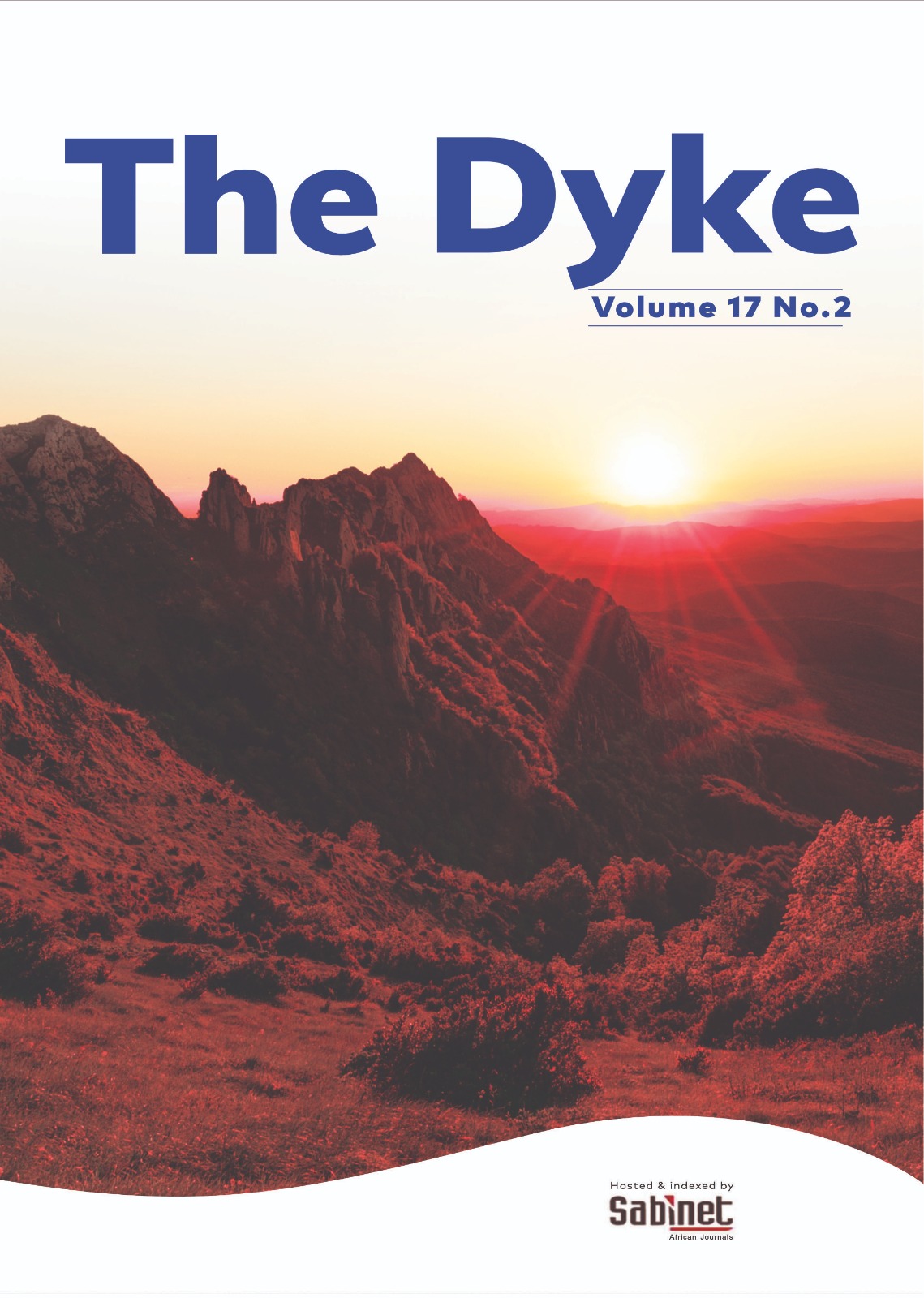Colonial and post-colonial Zimbabwe’s responses to the Spanish Flu and COVID-19 Pandemics: A comparative assessment
DOI:
https://doi.org/10.64754/thedyke.v17i2.230Keywords:
pandemic, Spanish Flu, COVID-19, Disaster Risk ManagementAbstract
The study focuses on the responses of the colonial and post-colonial Zimbabwean authorities to the Spanish flu and COVID-19 pandemics respectively. The colonial authorities had to grapple with the effects of the Spanish Flu pandemic from 1918 to 1920. About 102 years later, the post-colonial authorities (Government of Zimbabwe) were faced with the Coronavirus disease of 2019 (COVID-19) pandemic. The study is a comparative assessment of how the authorities responded to the pandemics using the concept of Disaster Risk Management as a lens of analysis. Desktop research was the major methodology employed for the study to examine the similarities and differences in the responses of the two administrations to these pandemics as well as identify factors that influenced their response strategies. The study draws on various sources, including newspapers, journal articles, published books, and government reports, to provide a comprehensive analysis of disaster management in Zimbabwe. The study reveals that the responses by the colonial government and the post-colonial Zimbabwean government are almost similar despite the longish generational gap between the pandemics. This is because the latter has not progressed from the traditional stance of disaster management 102 years later, as it waited for disaster to strike and then responded. The study recommends the adoption of a proactive disaster risk reduction mechanism.

Downloads
Published
How to Cite
Issue
Section
License
All articles in The Dyke are published under the Creative Commons Attribution 4.0 International License (CC BY 4.0).
Under this licence:
- Others may copy, redistribute, remix, transform, and build upon the work for any purpose, even commercially.
- Appropriate credit must be given to the original author(s) and source (The Dyke), along with a link to the license.
- Any changes made must be indicated.
Full licence details: https://creativecommons.org/licenses/by/4.0/
Archiving and Preservation
The Dyke supports long-term preservation of scholarly work through partnerships with digital repositories and indexing services, including Sabinet African Journals. Authors are also encouraged to deposit a copy of their published article in institutional or subject-specific repositories.




